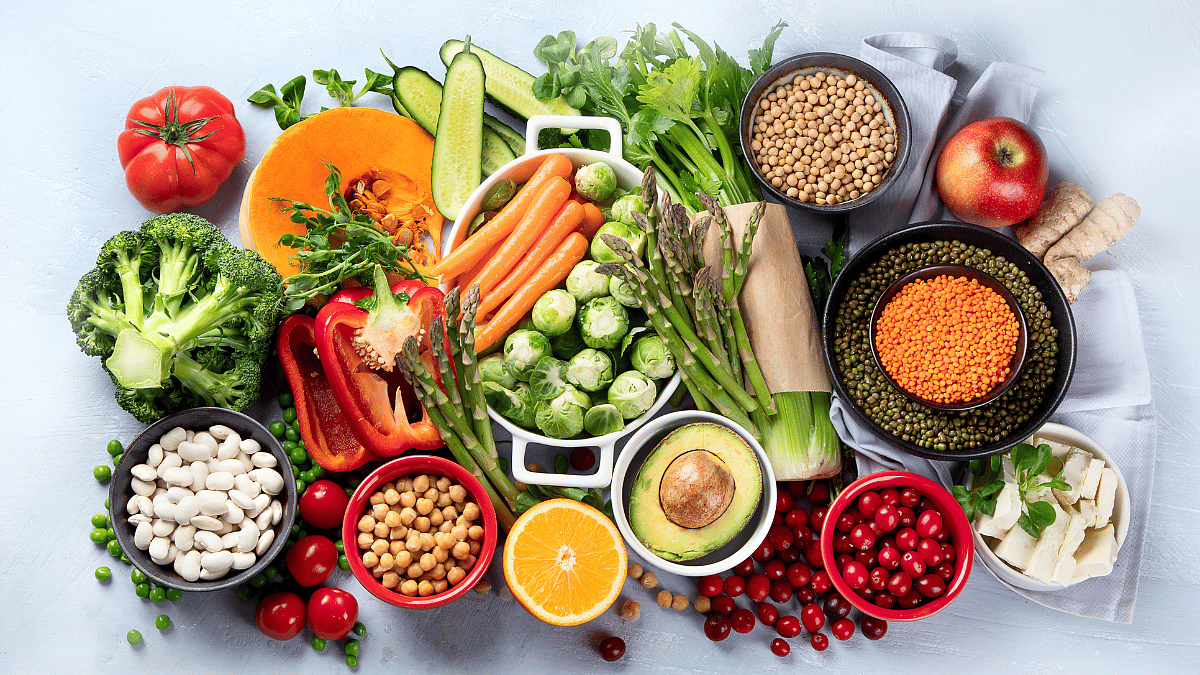Recovering from malaria involves more than just medications; your diet also plays a crucial role in how quickly your body can recover. While battling this life-threatening disease, symptoms such as fever, fatigue, and loss of appetite are common; nutritionists emphasise that the food you eat can influence the speed and quality of your recovery.
Malaria is a mosquito-borne disease caused by Plasmodium parasites, leading to high fever, chills, body aches, and general weakness. During this time, the immune system is under considerable stress, making it crucial to fuel the body with nourishing, easily digestible, and energy-boosting foods.
The role of nutrition in Malaria recovery
Dr Nupur Krishnan, a Clinical Nutritionist who has worked with the Sports Ministry and Railway Hospitals, highlights the importance of a balanced diet that addresses both weakness and loss of appetite. “During fever, two main problems are appetite loss and body weakness, so for appetite, you can have Tomato Rasam as an appetiser. For the strength of the body, you can have Rice Kanji or Millet Kanji,” Nupur told FPJ earlier last year.
These light and easily digestible foods help provide the body with instant energy and nutrients, especially when solid meals feel hard to manage.

Canva
What to eat during Malaria?
Carbs, fruits & vegetables
Patients are encouraged to consume high-carbohydrate foods like rice, along with a colourful mix of fruits and vegetables such as papaya, beetroot, berries, carrots, and oranges. These are rich in essential vitamins and antioxidants, helping the body fight off the infection while boosting overall energy.
Proteins
Proteins are essential in healing and boosting immunity, two crucial factors when battling malaria. Clinical Dietician and Sports Nutritionist Zainab G. stated, “Protein is essential during malaria for several reasons, such as it supports the weak Immune system. Proteins play a key role in fighting off infections and aiding muscle repair and provide energy to reduce fatigue and weakness.”
Incorporate protein-rich options like fish stew, chicken soup, curd, buttermilk, and lassi into your daily meals for better recovery outcomes.

Nuts & seeds
Nuts and seeds also pack a powerful punch. Loaded with phytonutrients, protein, and healthy fats, they make a great snack for those with limited appetites. “Nuts and seeds can be a good source of protein for malaria patients, as they are packed with not only proteins but also essential vitamins, minerals, and healthy fats, added Zianab G.
She continued, “One can include it as a trail mix, in smoothies, or sprinkle it it on salads and soups. Almonds, walnuts, sunflower seeds, and pumpkin seeds are all good options. They can be soaked and consumed to make it soft and easy to digest.”
Hydration & fluid diet
Last but definitely not least is hydration. Malaria often affects one’s appetite, making fluid intake even more critical. Staying hydrated helps in flushing out toxins and maintaining electrolyte balance. Options like coconut water, glucose water, fresh fruit juices, and soups not only hydrate but also replenish vital nutrients.
Disclaimer: This article is for informational purposes only and should not be considered a substitute for professional medical advice. Always consult your doctor for any concerns or questions regarding your health or medical condition.
